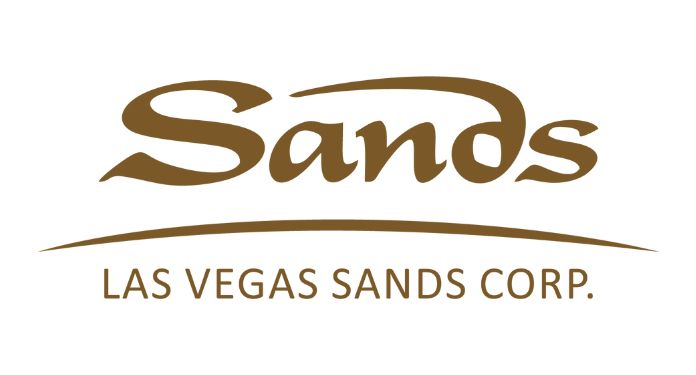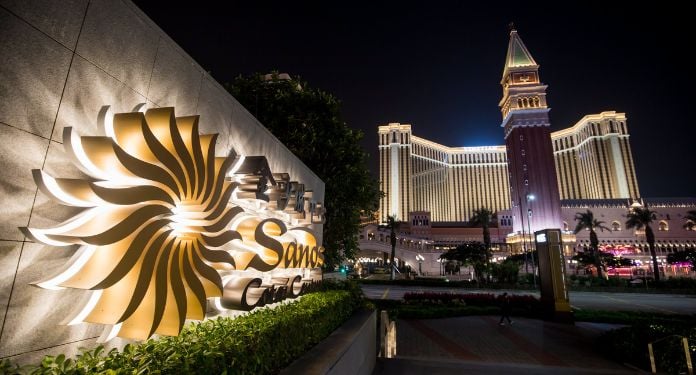Las Vegas Sands (LVS) has opted not to compete for a casino license in New York. The decision came despite the company highlighting the potential of the Nassau Coliseum on Long Island.
The main reason, according to the company, was the threat of cannibalization by online gaming, which the company’s executives considered unsustainable. During the last two earnings conference calls, warnings had already been made about the risk that the legalization of online gaming could harm the plan.
The company confirmed in a statement: “Sands has decided not to compete for a casino license in New York.”
Regarding capital, LVS said it prefers to buy back its own shares and those of Sands China. In the first quarter, the company reported buying back US$450 million in shares, as shown in the report released.
The New York plan included a $4 billion integrated resort with a variety of amenities. LVS secured a 42-year lease for the site last July after a previous 99-year lease was challenged in court by Hofstra University, the project’s main opponent.
Next Steps for Las Vegas Sans Casino Project
The company is trying to transfer the proposal to another party that can “serve the physical and digital markets in New York.” This is noteworthy, as major US operators already have their own projects or established partnerships.
If no agreement is reached on the future of the property, the company said: “We will work with Nassau County and other parties to try to ensure that development is consistent with Nassau County’s long-term vision for the site.”
The County said in a statement that it will decide within 30 days whether it will accept a casino component or whether it intends to develop the site without such a structure.
This is the second recent formal withdrawal. On April 10, Hudson’s Bay Co., which had planned to build a casino in the main Sak’s store building on Fifth Avenue, also withdrew its proposal.
Uncertainties with electronic games
In New York state, the issue of electronic gaming is still a source of speculation. Legislators prefer to wait for the progress of the procedures for casinos in the interior before discussing the legalization of online gaming. The deadline for submitting proposals ends on June 27, with licenses expected by the end of the year.
In the US, igaming has stalled. Since 2023, with the approval in Rhode Island, no new markets have opened. Despite this, nearby markets such as New Jersey, Pennsylvania and Michigan achieved record revenues in March.
CEO Rob Goldstein said in January: “Results coming from neighboring states like New Jersey or Pennsylvania, or as far away as Michigan, reinforce this concern about the impact of igaming.
So you asked and answered the question: great market, we like being there. The caveat is how to deal with the ongoing threat, which seems to me unavoidable in many states, especially as it involves physical properties coupled with sports betting.
I don’t know why we wouldn’t have igaming at some point in the future. So that’s our concern when we look at this market.”
Withdrawal from New York project leaves Las Vegas Sands’ future in the US uncertain
The withdrawal from the New York project makes the future of Las Vegas Sands in the US uncertain. After selling the Venetian-Palazzo for US$6.25 billion, the company maintains operations only in Macau and Singapore.
Still, in recent months, the company has been active on important fronts in the country. In addition to the plan for New York, it has focused its efforts on making casinos viable in Texas.

Miriam Adelson, the majority shareholder, led the mobilization. More than US$13 million was invested in lobbying in Texas this term, compared to US$3.3 million in the previous term.
But all attempts to legalize casinos and sports betting in the state failed. The political climate was further strained by lottery scandals. The company proposed a mixed-use casino-focused development in Irving, near Dallas, because the Adelson family owns the Dallas Mavericks.
There had been speculation that the team would move to an arena at the new site, the former Dallas Cowboys Texas Stadium. However, public backlash prompted the company to drop the casino idea from its proposal last month.
Delicate relationship with China
Additionally, Las Vegas Sands remains vulnerable in China. Because it operates exclusively in Asia and is headquartered in the US, the company is tied to the relationship between the two countries.
President and COO Patrick Dumont was asked about the tensions during the conference call and said, “We have an incredible relationship with Beijing,” but he is “very disheartened” by the way things are unfolding.
He added that, although he is not losing sleep at this moment, he does not believe that this situation between the US and China is sustainable.
The Trump administration recently announced reciprocal tariffs against other trading partners. China responded with tariffs of its own on American goods.
According to CNBC: The Trump administration’s current position is that there will be a “de-escalation” of the trade war in the “very near future.”




